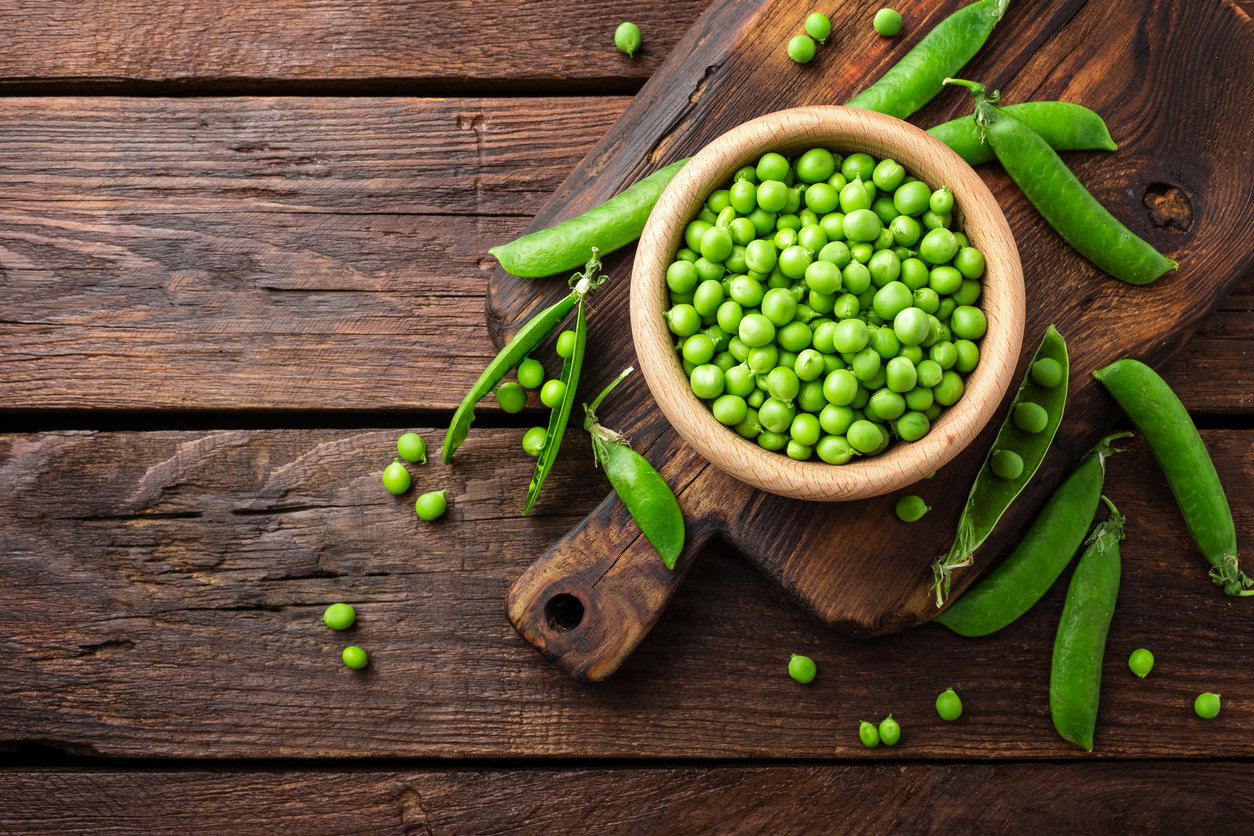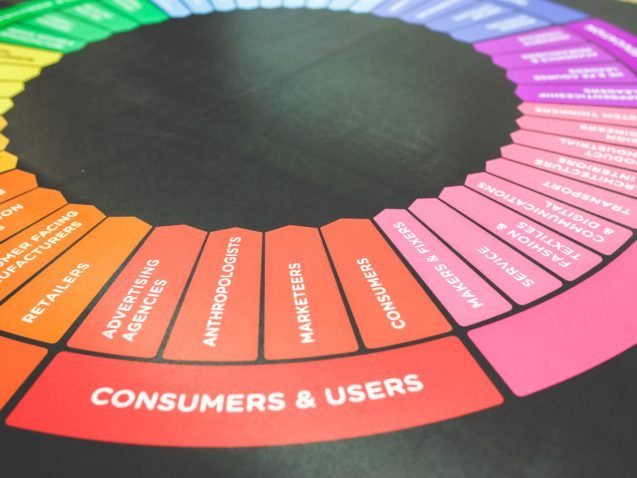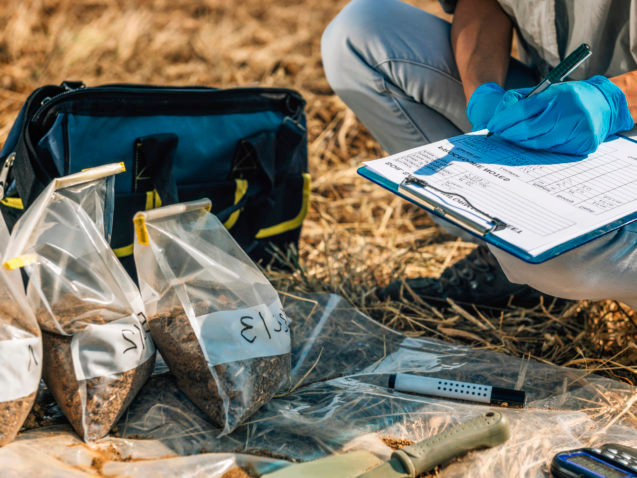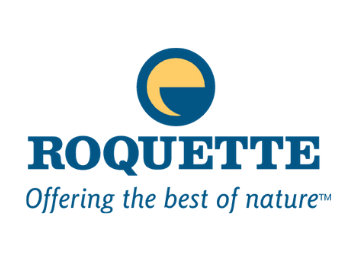The Covid-19 pandemic has amplified consumer interest in health and nutrition but what does this mean for the food sector? Benjamin Voiry, from the family-owned ingredients maker Roquette, tells us about the flexitarian approach, plant-based trends and the benefits of processed foods.
The Covid-19 pandemic, which is most threatening to people with underlying health problems, has amplified consumer interest in health and nutrition. But what does this mean for the food and drink sector?We spoke with Benjamin Voiry, global marketing manager for the French family-owned ingredients maker Roquette, whose clients for its pea protein include plant-based producer Beyond Meat. He explains the rise of the flexitarian, why processed foods are required by consumers and the importance of transparency to consumers today.
Can you start by telling us about the food trends you see ahead of us?
Plant-based is a major trend. There is a shift from animal to plant-based protein and it is shaping food habits. But there are other trends as well like convenience and health. Environment and animal welfare are also quite important and both go rather well with plant-based, which is providing some solutions. Beyond plant-based, other trends important to consumers are transparency about what we eat and a desire to eat something meaningful – people want to know the story about their food.
What’s your health and nutrition message to consumers with plant-based proteins?
First and foremost, we talk about enjoyable food – that is really important. Whatever food you provide, whether plant-based or not, it has to be good. And it’s even more of a challenge when you are going into this new space and cuisine. With plant-based you have to be very good in terms of taste, texture and also bring some good attributes in terms of health and nutrition.
What role do you see plant and animal-based proteins playing in our diets in the future?
Our view is that we need diversity. All foods have a role to play. We think it’ll be the mix that changes in the future, for example less meat consumption. We see that most of the population choosing to eat plant-based products are flexitarians. That is people eating less animal-based products and typically choosing to eat some pulses or a plant-based burger during the week. It is a big trend that is really driving growth in plant-based foods.
We try to meet demands from consumers for something more local and with health and nutritional value
In my view, plant-based food is going to continue to be a big trend. The cuisine will evolve. It’s not just about mimicking what is already existing, but the category will continue to develop new things. A lot of novelty will come for sure, as we try and meet demands from consumers for something more local and with health and nutritional value. It’s going to bring a lot of new products, tastes and cuisine to consumers.
How should the food industry deal with consumer concerns around processed foods and the desire for something natural?
A good diet is a matter of balance. You have to vary your diet, processed and unprocessed. You have to manage the quantities and avoid excess. For us there is no bad food – it is a matter of nutritional balance. We have several contradictory demands about what is natural and sometimes it is not in line with reality. Processing food is very ancestral. You don’t eat raw pulses as such. You will not digest them. We believe we need to inform consumers properly and provide transparency about where the food is coming from, how it is cultivated and where it is manufactured, so they realise there is really no big issue here.
What do you make of the growing interest in personalised health and nutrition?
Personalised nutrition is already a reality. Consumers have so many choices today and they buy products for different reasons, which could be animal welfare, environment, health, intolerance to gluten.
Consumers have so many choices today and they buy products for different reasons
For plant-based, we have seen the impact of this with companies formulating new types of products to meet the desire for no-gluten and no GMO.
Lastly, you’ve mentioned the importance of transparency and the environment to consumers. How are you responding to concerns around deforestation, biodiversity loss and pesticide use?
Pea is a protein alternative that enables people to avoid deforestation because you don’t need to import soy from South America, you can buy it in Europe. You can bring biodiversity benefits because it can be grown as part of a crop rotation and without nitrogen fertilisers. We have also developed a specific farming directive – Roquette Protocol – for our suppliers that gives us some control of traceability and farming practices. And beyond that we are investing in better weed and disease control to help reduce and avoid the use of pesticides by our suppliers, as well as researching new non-GMO pea varieties.











